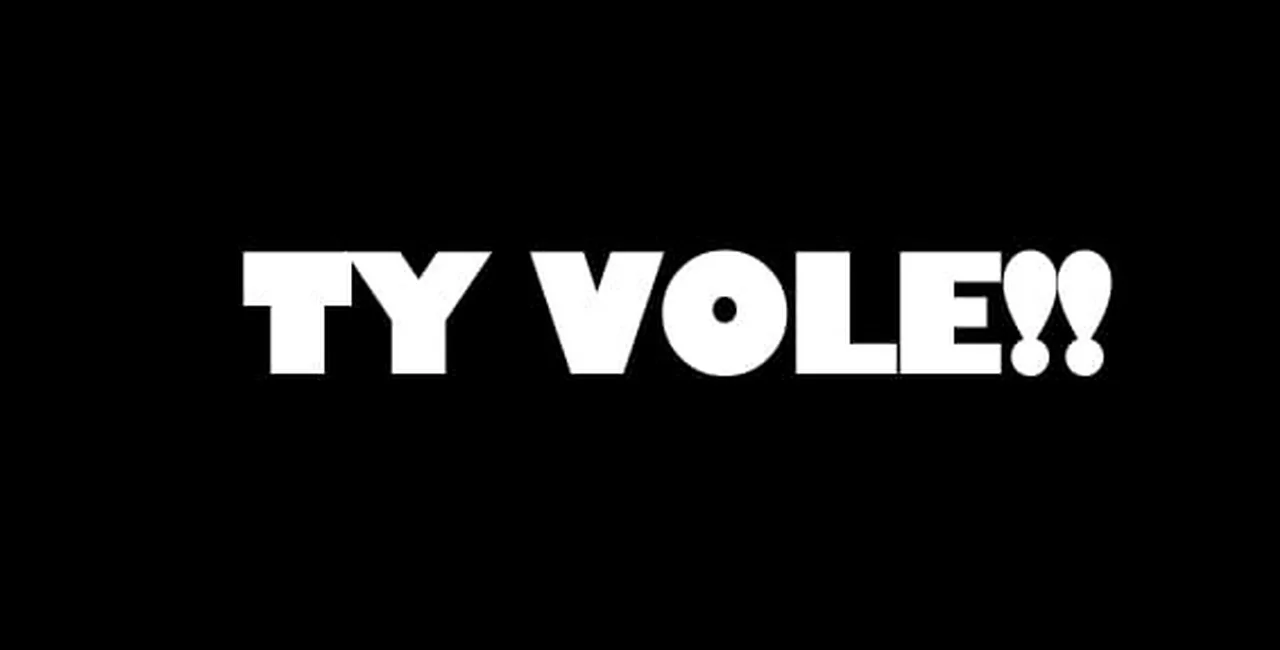You probably know the basics. Dobrý den is hello and Na shledanou is for good-bye, but these expressions are kind of formal, stiff, and using it sounds like you’re speaking from a phrase book. The following are some phrases to spice up your communication from the vulgar to the antiquated.
THE GREETINGS
Ahoj has to be one of the most widely used greetings for informal contexts. It is the equivalent of hi. The most likely origin is that the word comes from the English seafarers greeting ‘a hoy’ as in ‘A hoy me hearties.’ That it became the popular greeting in a land-locked country is perhaps a sign of Czech humor.
Čau has to be a close second, if not equally as common as ahoj. The use and pronunciation is the same (or very close) to the Italian word from which it derives, ciao.
Zdravím literally is, “I greet you,” and is perfectly okay in semi-formal or informal settings. It seems to be preferred by older people. Derived from this word is pozdravit. You’ve probably heard the imperative pozdravuj/pozdravujte meaning, “say hello to…” Occasionally people sign off emails with Zdraví followed by their name. This is quite a friendly and informal ending; the formal one would be S pozdravem (see below).
Another foreign loan word which is used as a greeting is čus. It is the Czech transliteration (I promise no more fancy linguistic words) of the German farewell tschüss. One difference with the original language is that čus here is used both as a greeting and farewell. This word seems more popular among the young. Some of them even have put a local spin and say čus bus, or even čus bus bambus.
Haló appears to be reserved for answering the telephone and is used by young and old alike. The word is most likely adopted from the German ‘hallo’ or English ‘hello’.
A greeting which is definitely of local origin is nazdar. The word comes from the phrase na zdar, which means ‘for luck/success’. Apparently it was a saying among Sokol members. It then spread to everyone else. The term seems more common among the older generation. I get a sense from hearing it that the word is reserved for closer friends where as ahoj and čau are for more informal if not necessarily intimate setting. For example, I rarely hear nazdar in the office though the other salutations are said every day.
According to a friend, even this venerable term has been given the – um – poetic treatment. Nazdar bazar doesn’t make any literal sense (hello second-hand shop?!) but is just people having fun with words. To be honest, it’s not one I’ve heard much.
Three greetings whose literal meaning seems to have nothing to do with their use are tě bůh (you god), tě péro (you feather) and tě pic (your guess is as good as mine). Suffice to say these expressions are very informal. They appear to be exclusively used by the young. Regarding the roots, it is more than likely another example of people having fun with the language.
Čágo bélo sounds like a men’s cologne but was a greeting of TV presenter Tereza Pergnerová. It’s not something I’ve heard beyond the TV screen, though I’d be curious to see how people react if someone used it.
SAYING FAREWELL
The choices of how to say good-bye are also quite varied. Nashle is a common expression. It is an abbreviation of na shledanou.
Quite common amongst friends is měj se, which is close to ‘take care’ in English. It can also be used in a formal way when you say mějte se hezky/krásně/fajn.
If you want to be formal, then you can end emails (or letters if you need to write one) with s pozdravem. This expression is used exclusively in writing.
Alternatively, one can use sbohem, literally ‘with God’. It is used when saying a lasting goodbye to someone, i.e. not expecting to ever see them again, often with a sarcastic subtext.
Strangely, there don’t seem to be the equivalent of tě péro. Perhaps people are worried friends won’t return if they’re too vulgar when saying farewell.
EXPRESSING SURPRISE
Without doubt you would have heard, or even used, ty vole (you ox!) as ox (vůl) is a term for a stupid person. The ox is not renowned for its wits. One website claims that the “frequency and creativity of use grows with falling intellect.” If this is true, I’m worried about the young people who seem to pepper their speech with the expression.
I’ve certainly heard variations of this expression which avoid the word vůl. Some examples are ty brďo and ty vogo, the latter which is a kid’s version of the stronger phrase above. I suppose they are creative variations.
Some expressions which have nothing to do with oxen are paráda (pageant or parade), which means great. The long vowel in the middle can be stretched out to show particular satisfaction. Nádhera (finery) or krása (beauty) also provide a long vowel to extend when very pleased. Then there’s good ol’ bezva, and also super, to express contentment.
If you’re considering a course to learn the Czech Language, you can find a great selection right here.
What other phrases would you recommend?












 Reading time: 4 minutes
Reading time: 4 minutes 

















